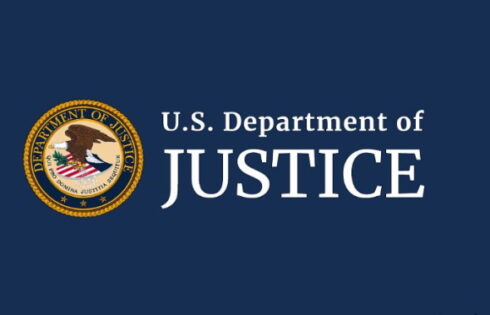
Higher education accreditors may be illegally acting as a private arm of the federal government, according to a former official with the Department of Justice.
Shannen Coffin raised concerns, along with education researcher George Leef, about the role accreditors are playing in denying federal student aid to universities over internal decisions.
“The University of North Carolina’s board of governors recently decided to create a School of Civic Life and Leadership, dedicated to principles of free speech in higher education,” the pair wrote in the Wall Street Journal on March 19. “The resulting controversy has exposed an underappreciated aspect of the higher-education system: unchecked power wielded by a bureaucracy of private accreditors.”
The new school within UNC will promote civil discourse and intellectual diversity, but has drawn criticism from some professors and the Southern Association of Colleges and Schools, the university’s accreditors.
“SACS threatened to investigate the board’s actions and hold UNC accountable. But why does SACS have any say in whether and how UNC offers new educational opportunities to its students?” Coffin, a former counsel for Vice President Dick Cheney, wrote along with Leef. Coffin (pictured) also worked for the DOJ as an attorney.
Accreditors do not act merely as voluntary organizations that endorse the quality of the university – unaccredited universities cannot take federal student aid.
The op-ed noted:
Accreditation agencies such as SACS thus exercise enormous federal power. If an accreditor decides to pull a school’s accreditation, the Education Department is powerless to do anything about it. The secretary is bound by the law to rubber-stamp the accreditors’ determination and deny the educational institution and its students access to federal funds…
…This virtually unconstrained power raises serious constitutional questions of improper delegation of legislative power to private parties… Private delegations place governmental authority in the hands of private parties whose interest may be adverse to the individuals and organizations they regulate.
The pair urged Congress to rein in accreditors while ensuring educational standards are maintained.
“There is a much better solution to that problem than empowering accreditors: Make schools liable if students they purport to have educated can’t repay their federal loans,” the op-ed argued. “Fraudulent institutions couldn’t survive that, and many currently accredited schools would have to make serious changes if they had some ‘skin in the game.’”
IMAGE: Steptoe.com
Like The College Fix on Facebook / Follow us on Twitter




Add to the Discussion